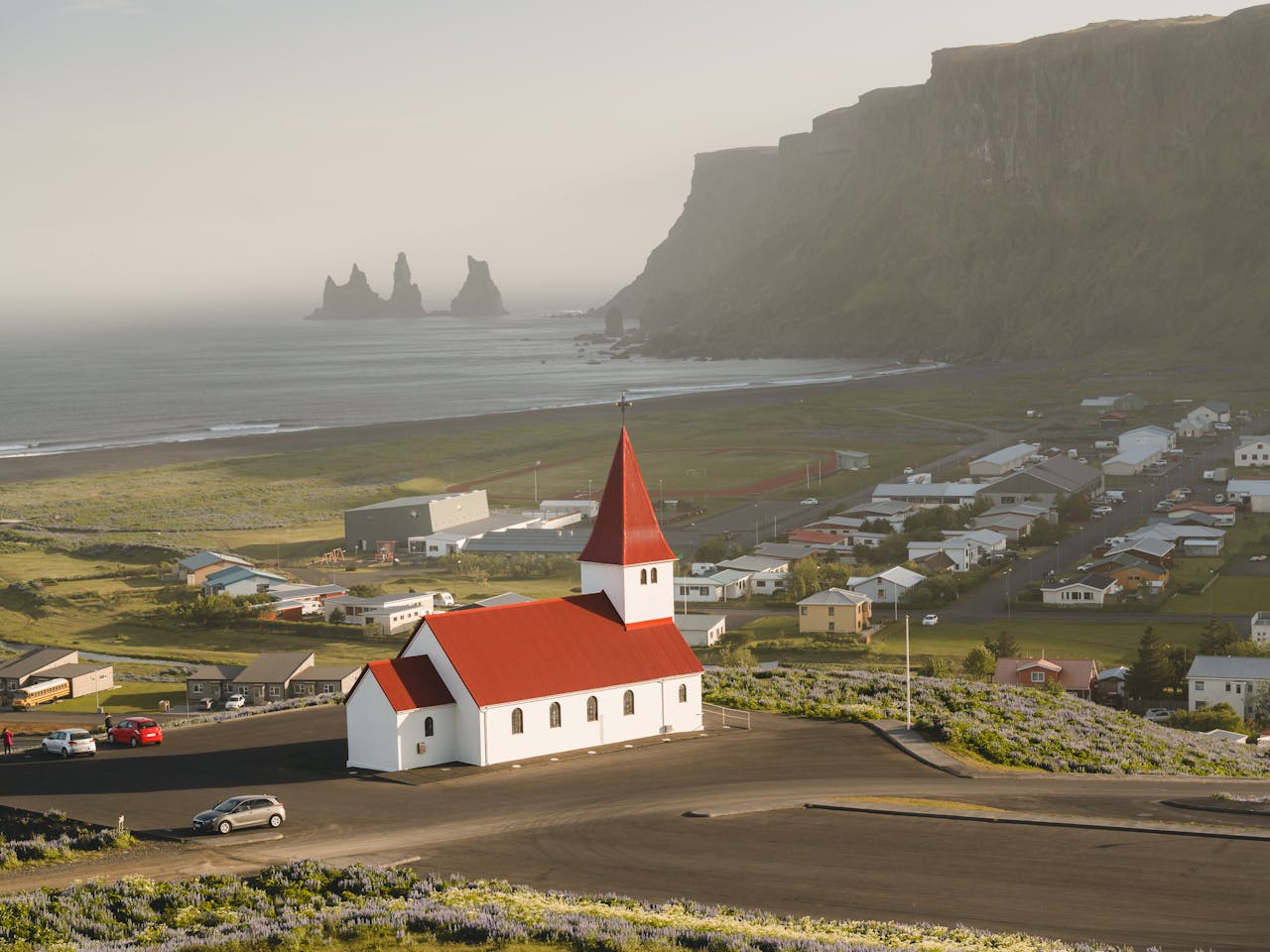Cruise Lines Cancel Iceland Stops Over New Passenger Fee

A growing number of cruise ships are cancelling planned stops in Iceland due to a newly introduced infrastructure fee, according to a report from local news outlet RÚV.
Starting January 1, 2025, the legislation mandates cruise passengers to pay a daily fee of 2,500 ISK (approximately $18) while docked at Icelandic ports.
While the government anticipates the fee will generate over $10 million in annual revenue, ports across the country are already seeing cancellations from several cruise lines. RÚV reports that ports like Grundarfjörður and Akureyri are particularly affected, with the overall number of cruise ship visits expected to drop by 80 this year.
The industry group Cruise Iceland criticized the sudden implementation of the fee, citing insufficient consultation and preparation. “We would have, first of all, wanted to see this implemented in stages so it wouldn’t hit operations as hard as it does now,” said Sigurður Jökull Ólafsson, chairman of Cruise Iceland.
Cruise Iceland previously warned the government in late 2024 about the potential fallout from abruptly introducing the fee. Ólafsson emphasized that while it’s fair for the industry to contribute financially, such measures should be implemented with proper notice.
Major ports, including Grundarfjörður, Vestmannaeyjar, Akureyri, and Faxaflói, have all reported cancellations attributed to the new charge. In Akureyri alone, 44 fewer ship visits are expected compared to last year. Grundarfjörður has already seen seven cancellations for 2025, with 14 more projected for 2026, while Vestmannaeyjar anticipates at least 10 fewer calls than in 2024.
Cruises that visit multiple Icelandic ports during circumnavigation itineraries are especially impacted.
Francesco de Curtis, MSC Cruises’ Port Operations Director, expressed concerns in a statement directed to Akureyri Port officials. “This new proposed Infrastructure Fee is at a level where it could affect our assessment of the viability of Iceland in our future itineraries and plans,” he said.